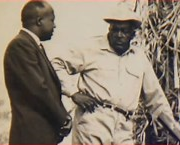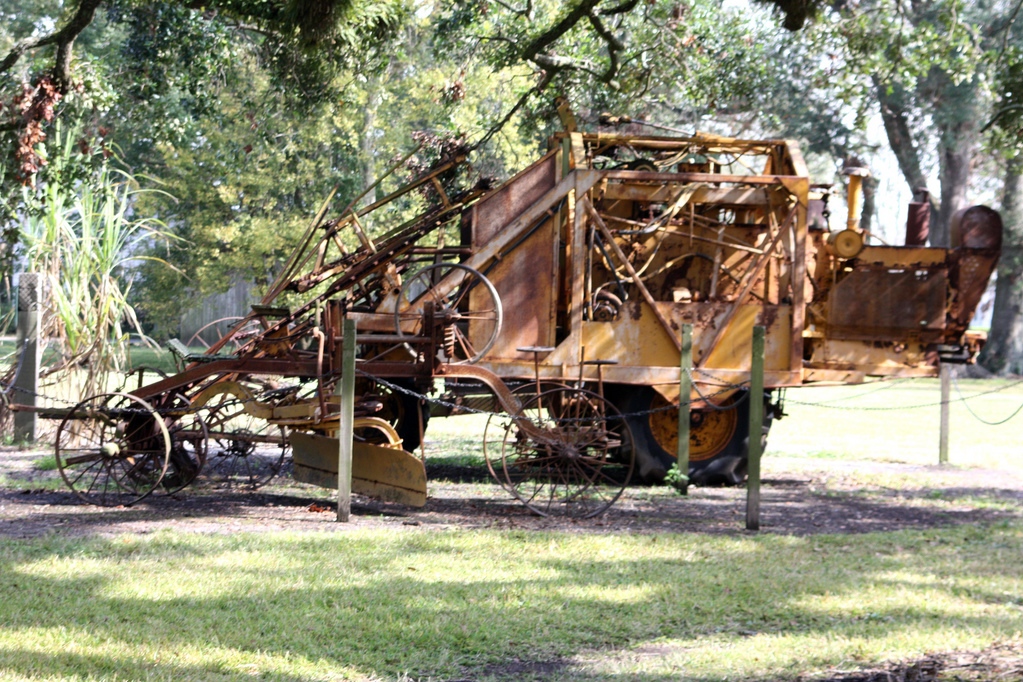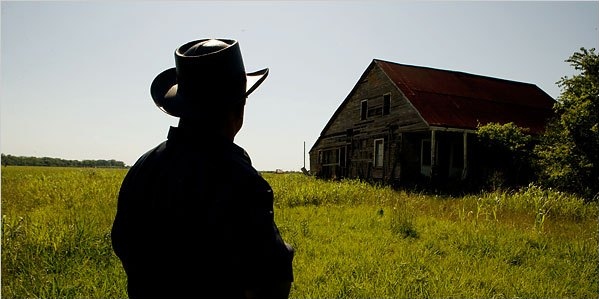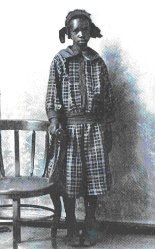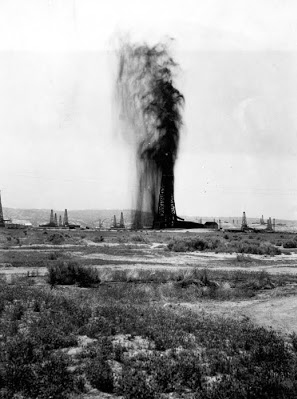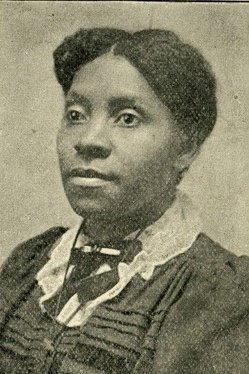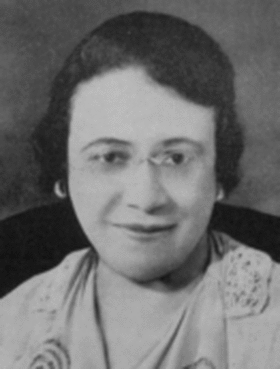Black History Month Profiles
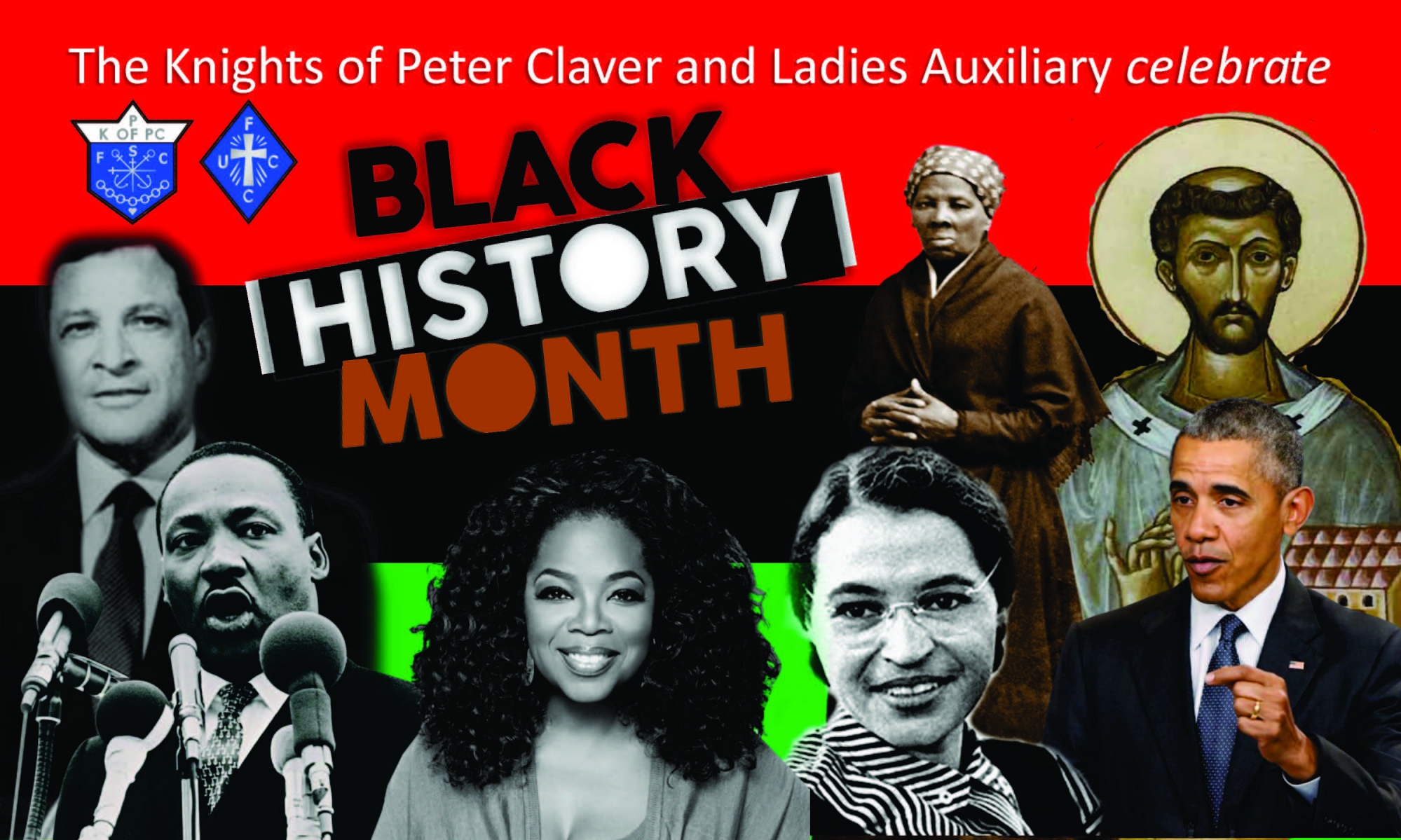 | 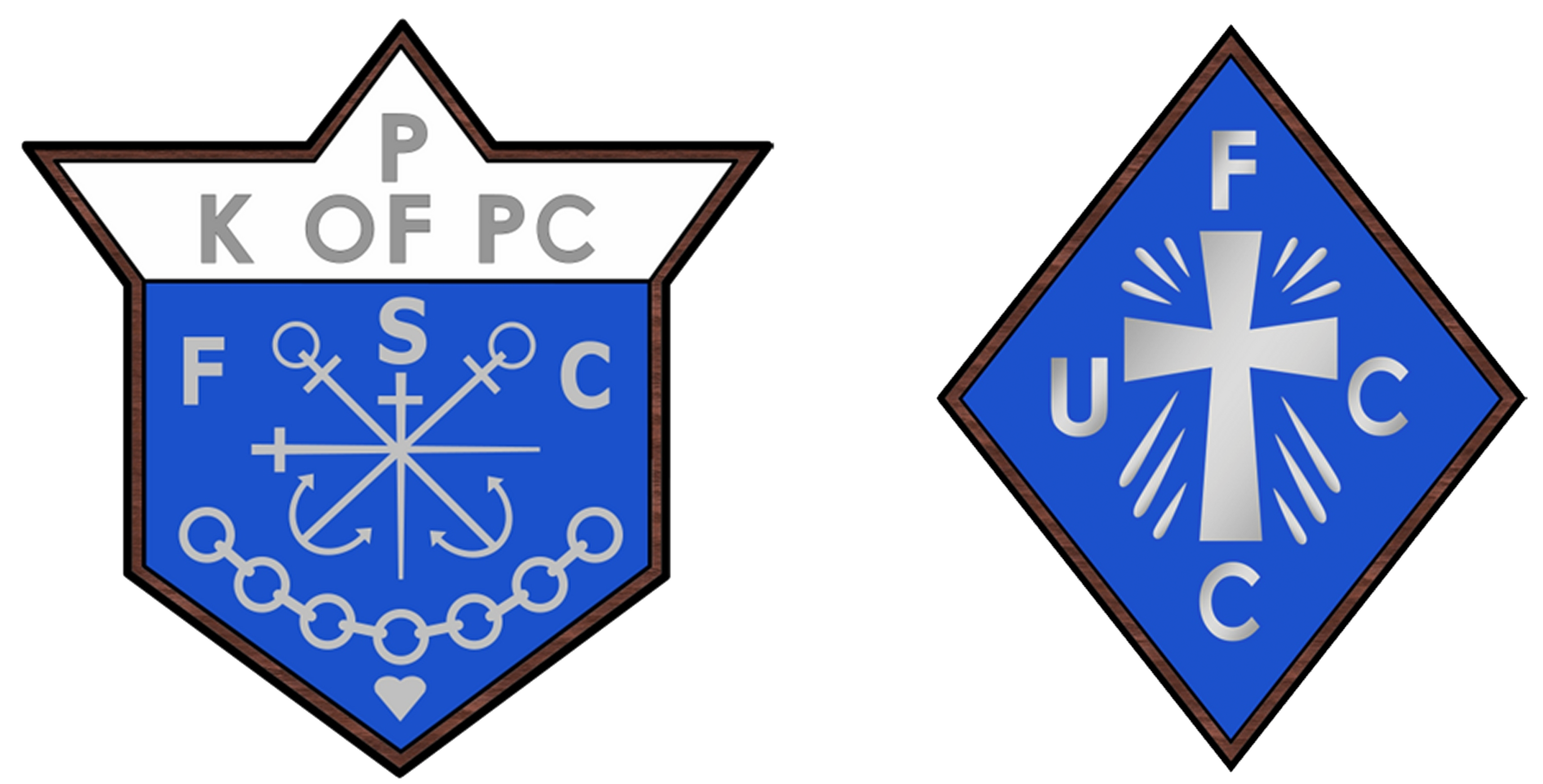 The Knights of Peter Claver and Ladies Auxiliary celebrate BLACK HISTORY MONTH! | ||||||
|---|---|---|---|---|---|---|---|
 Fr. Stephen Theobald (1874 - 1933) The First and ONLY Black Priest Ordained in the Archdiocese of St. Paul and Minneapolis Father Theobald was born in Guyana, Africa on July 5, 1874 and raised Catholic. As a young man, he studied journalism at Cambridge University in England. Although he wanted to work as a journalist, he was unable to do so in the U.S. because he was black. Instead, he relocated to Montreal, where he worked at the Montreal Star newspaper in the more racially tolerant atmosphere of Canada. Archbishop John Ireland became aware of the young man and his interest in the priesthood. The Archbishop enlisted the help of Frederick McGee, Minnesota’s first black lawyer and a founding trustee at St. Peter Claver, to bring Theobald to St. Paul, where he studied at St. Paul Seminary. Ordained in June 1910, his first and only assignment was at St. Peter Claver. He was known for not tolerating horseplay in church. “Two men once told me that, having been caught in various hi-jinks while serving as altar boys, they were required by Father Theobald to kneel on the grate over the heating outlet and pray an entire rosary as punishment,” explained Father McDonough. (When Father McDonough first arrived at St. Peter Claver in 1990, there were several parishioners, who have since died, who remembered Father Theobald). Father Theobald was very devout and particularly devoted to the Little Flower, St. Thérèse of Lisieux, Father McDonough said. He would lead weekly novenas to her, which brought in worshippers from all over St. Paul. As a confessor and spiritual advisor to many, Father Theobald was considered a man of special holiness. Outside of Minnesota, Father Theobald was a well-respected civil rights advocate. During the 1920s, he represented the St. Paul chapter of the NAACP at the national convention. “This was an honor at a time when other black denominations viewed Catholics with a certain suspicion,” noted Father McDonough. With the exception of a few months when he served on the archbishop’s personal staff, Father Theobald’s entire ministry was spent at St. Peter Claver. He died in 1932 at age 58, the result of an infection from a burst appendix.
Former Slave, First Black to Play for Ohio State University Frederick D. Patterson First Black Automobile Manufacturer | |||||||
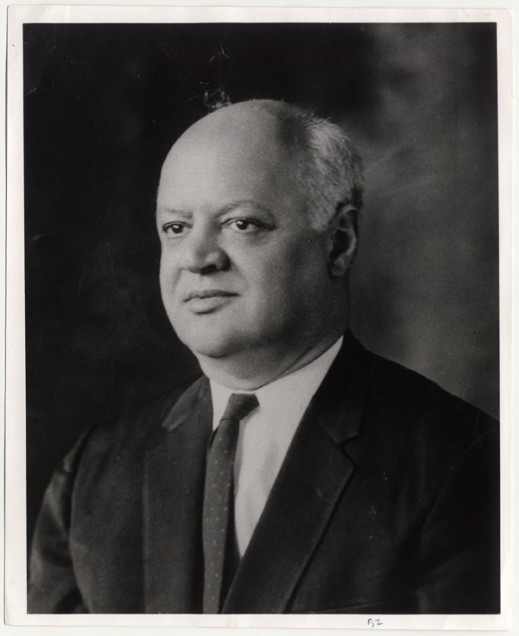 Alexander Pierre "A.P." Tureaud B: February 26, 1899 D: January 22, 1972 Suggested Reading: 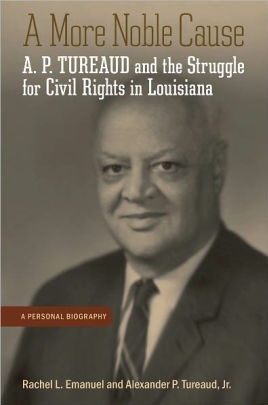 A More Noble Cause: A.P. Tureaud and the Struggle for Civil Rights in Louisiana | Today's Profile: Alexander Pierre "A.P." Tureaud Brother Alexander Pierre Tureaud was a long-time and proud member of the Knights of Peter Claver. From his law office, located in the original KPC National Office on Orleans Avenue, Bro. Tureaud directed the most substantive assaults on racial segregation in Louisiana's history.
| ||||||
| Check back for more Black History Facts! | |||||||

